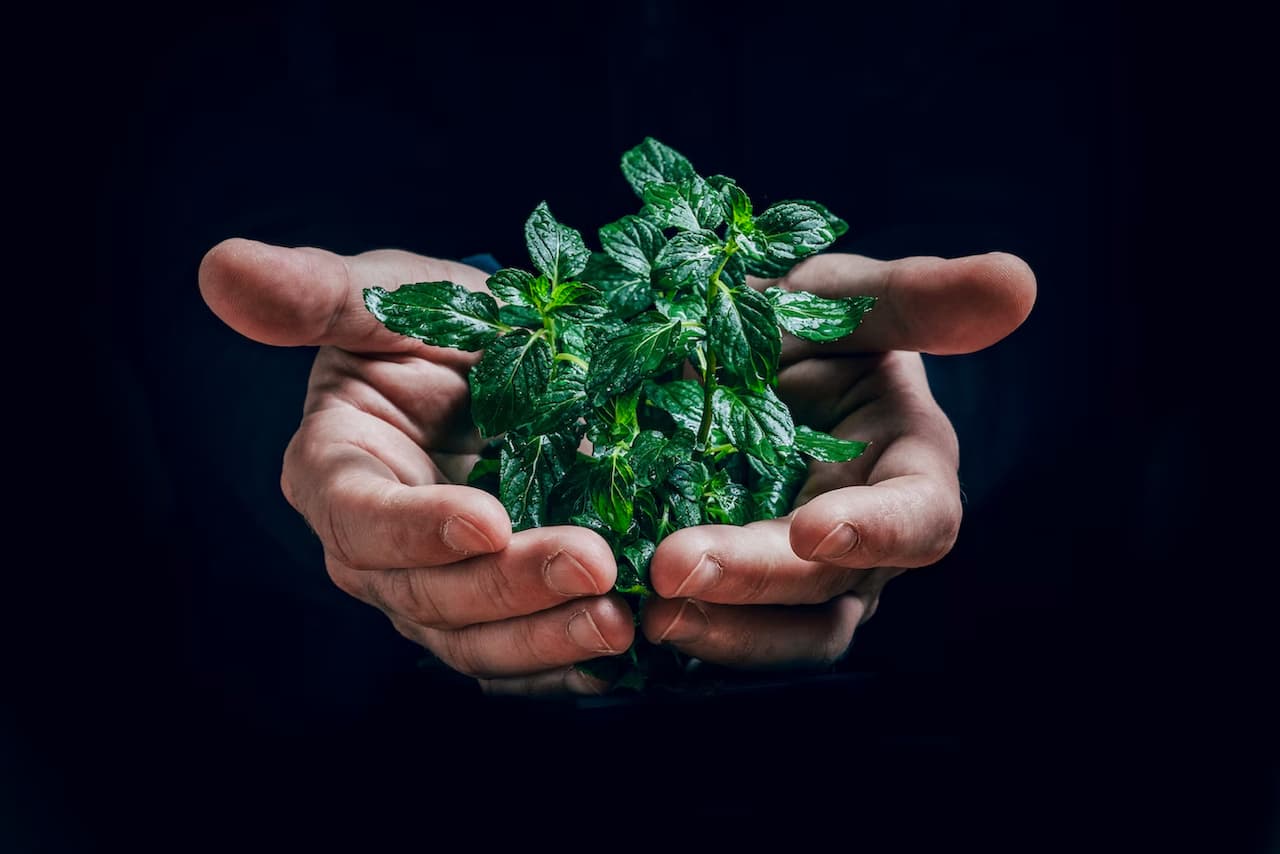
Eco products are becoming very popular. Humanity began to worry about its health and remembered the responsibility to future generations because it is necessary to pass on a planet suitable for life to its descendants. Due to the deteriorating environmental situation, the number of carcinogens in water, soil, and the air are exceeded. Therefore, people have begun to worry and release so-called eco-products for everyday use.
What is Eco?
But, first, you need to figure out what “eco-goods” are and how they differ.
Eco goods are environmentally friendly consumer products.
For example, an eco-house is a house built on environmentally friendly materials without harmful effects on the environment. But sometimes, instead of the prefix eco-, they use bio-. To produce bio-products, do not use toxic substances such as dyes, preservatives, antibiotics, etc.
An eco-product means the harmlessness of the production and disposal process or the presence of natural components in the product. A person still loves to surround himself with objects consisting of natural materials – wood, wallpaper, parquet. It cannot be said that this will help the conservation of the plant world. However, the harm from artificial materials is much greater.
The production of eco-products is designed for people who care about the future, their health, and the environment. Currently, environmental problems are in the first place, especially in large cities, mainly due to the large amount of transport that emits a large amount of carbon dioxide and not only. But progress does not stand still; therefore, an alternative to conventional vehicles appears – these are eco-mobiles and eco-bicycles.
Nature is Everywhere
Many people are mistaken when they say that nature is what is outside the city, but in fact, this is where a person lives directly, everything that surrounds him. Everything that a person uses in everyday life: waste, soapy water, bags, and much more pollutes the environment and destroys various plants and living organisms that represent a single chain of the ecosystem.
- Firstly, eco-products should consist of natural, non-toxic materials, which is good for both human health and nature because, after use, such products break down into safe chemical components.
- Secondly, resource-saving technologies should be used in the production of eco-products.
- Thirdly, it is best to support a domestic manufacturer, if only because the products do not have to be transported for a long time, thereby maintaining the quality and usefulness of the product.
At no stage of production should an ideal eco-friendly product harm the environment.
There is another important rule – this is the minimum packaging. If you can’t buy a product without a container, then you should pay attention to biodegradable packaging or one that can be reused.
Eco-products – Pros and Cons
Eco-products allow you to reduce the number of preservatives, dyes, and other undesirable substances entering the body. This is especially true for children and the elderly, as well as those who suffer from chronic digestive and immune disorders. The conviction of many people that a natural organic product is always more useful than one produced using all the achievements of science has good reasons. Scientific studies have proven that eating ecologically clean products improves the general state of health if you follow the general rules of healthy eating.
Like any notable phenomenon, the fashion for organic products has negative sides. However, the current productivity and cost of most products have been achieved, in many respects, thanks to the comprehensive introduction of various chemical substances – fertilizers- to combat weeds, pests, and diseases of cultivated plants.
European scientists have conducted several studies that allowed them to theoretically calculate the prospects for the transition of all crops to organic fertilizers. The results are disappointing – the average yield of grain crops will decrease by almost half. In addition, the possibilities of animal husbandry in supplying organic fertilizers to the fields are limited, and it can provide only two-thirds of the available crop areas. Such a radical transition will lead to a sharp rise in prices for all products and an aggravation of the problem of hunger.
So, while it is still too early to switch to natural products completely, it is possible to search, find and implement ways to reduce the content of undesirable substances in food.
Despite the disadvantages, the popularity of organic products worldwide is growing. This is especially noticeable against the background of genetically modified products, which most consumers frankly do not trust due to fear of the consequences of their use.
As for manufacturers, for most of them, eco products are an excellent way to increase demand and profit. Many large companies have added eco products to their product lines. In contrast, organic products are markedly different in packaging and marketing promotion; their environmental friendliness is the leitmotif of the entire advertising company. Mentions of natural origin can be seen:
- on packages;
- in commercials and on billboards;
- in slogans and texts on the product itself;
Even packaging materials are usually selected as more environmentally friendly. However, some companies are firmly convinced that natural products are superior to analogs obtained with technology.

Conclusion
Nowadays, finding a real eco-product in a simple market is difficult. However, assessing what is safe and what will become a threat to the environment is not difficult enough. To do this, you need to understand and understand what manufacturers of certain goods offer us, whether they will positively or negatively affect people’s health and the environment.
Thanks to people who understood all these problems, they created eco-products that progressively enter our lives. There are increasingly online stores with various eco-products, where you can easily buy environmentally friendly products: organic cosmetics, various household goods, and even eco-transport. Using eco-products means contributing to the conservation of our nature.